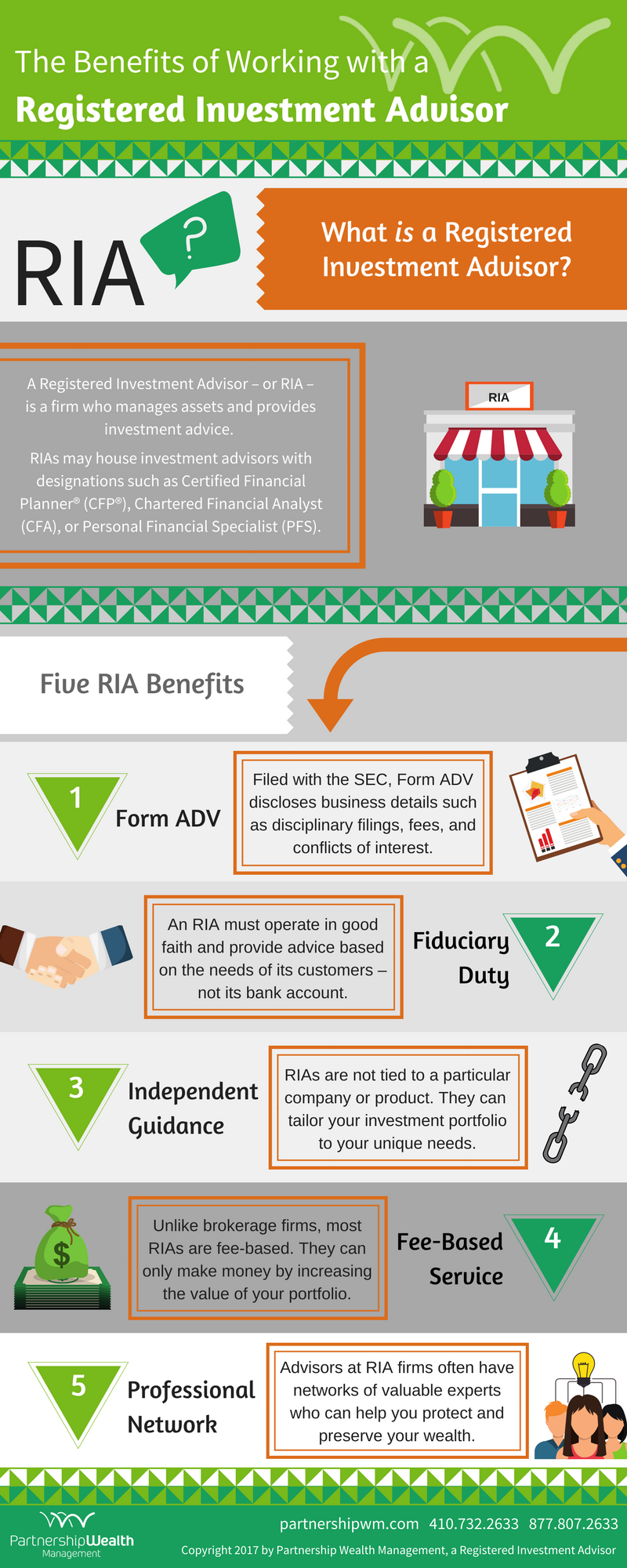5 Common Misconceptions About Surety Contract Bonds
5 Common Misconceptions About Surety Contract Bonds
Blog Article
Write-Up Created By-Nicolaisen Enevoldsen
Have you ever before questioned Surety Contract bonds? They may seem as mystical as a locked breast, waiting to be opened up and checked out. Yet before related webpage leap to verdicts, let's disprove five usual misunderstandings about these bonds.
From thinking they are simply insurance coverage to thinking they're only for large companies, there's a great deal even more to find out about Surety Contract bonds than satisfies the eye.
So, buckle up and prepare to discover the reality behind these mistaken beliefs.
Surety Bonds Are Insurance Coverage
Surety bonds aren't insurance plan. This is an usual misconception that many people have. It is very important to understand the difference in between both.
Insurance coverage are developed to safeguard the insured party from possible future losses. They provide insurance coverage for a vast array of threats, including residential or commercial property damages, liability, and injury.
On the other hand, guaranty bonds are a kind of warranty that makes sure a details commitment will be met. They're frequently used in construction tasks to make sure that service providers finish their job as agreed upon. The surety bond offers monetary security to the job proprietor in case the specialist fails to satisfy their commitments.
Surety Bonds Are Just for Building Tasks
Now let's move our focus to the false impression that guaranty bonds are solely used in building jobs. While it holds true that surety bonds are generally associated with the construction sector, they aren't restricted to it.
Surety bonds are really made use of in numerous industries and markets to ensure that contractual responsibilities are satisfied. As an example, they're used in the transportation sector for products brokers and carriers, in the production sector for distributors and representatives, and in the solution industry for professionals such as plumbing technicians and electrical contractors.
Guaranty bonds provide financial security and assurance that projects or solutions will be completed as set. So, it is very important to bear in mind that surety bonds aren't special to building and construction jobs, but instead work as a beneficial tool in many different industries.
Guaranty Bonds Are Costly and Cost-Prohibitive
Don't let the misconception fool you - guaranty bonds don't have to cost a fortune or be cost-prohibitive. As opposed to popular belief, guaranty bonds can in fact be a cost-efficient remedy for your company. Right here are three reasons surety bonds aren't as expensive as you might believe:
1. ** Competitive Prices **: Surety bond costs are based upon a percentage of the bond amount. With a wide range of surety suppliers in the market, you can search for the very best rates and find a bond that fits your spending plan.
2. ** Financial Perks **: Surety bonds can actually conserve you cash in the long run. By supplying an economic assurance to your customers, you can safeguard much more agreements and increase your service opportunities, ultimately leading to higher revenues.
3. ** Versatility **: Guaranty bond needs can be tailored to meet your particular demands. Whether you need a tiny bond for a solitary job or a bigger bond for recurring work, there are choices readily available to fit your budget plan and company needs.
Surety Bonds Are Just for Big Companies
Many individuals erroneously believe that just huge companies can gain from surety bonds. However, lost title bond is a typical misconception. Guaranty bonds aren't unique to large companies; they can be beneficial for services of all sizes.
Whether you're a small company proprietor or a contractor beginning, surety bonds can give you with the required financial defense and reliability to safeguard agreements and jobs. By acquiring a surety bond, you demonstrate to clients and stakeholders that you're dependable and capable of fulfilling your obligations.
In addition, guaranty bonds can aid you establish a track record of successful tasks, which can better improve your credibility and open doors to brand-new possibilities.
Surety Bonds Are Not Required for Low-Risk Projects
Surety bonds might not be considered required for jobs with low risk levels. Nonetheless, it is necessary to comprehend that also low-risk projects can encounter unforeseen issues and problems. Below are Suggested Site why surety bonds are still valuable for low-risk jobs:
1. ** Defense versus contractor default **: Despite the project's reduced risk, there's always a chance that the service provider may fail or fall short to complete the job. A surety bond assurances that the task will certainly be finished, even if the professional can not fulfill their commitments.
2. ** Quality control **: Surety bonds call for specialists to satisfy specific requirements and specs. This makes sure that the work carried out on the task is of top quality, regardless of the threat level.
3. ** Comfort for task owners **: By acquiring a guaranty bond, job proprietors can have satisfaction recognizing that they're protected financially and that their project will certainly be completed successfully.
Even for low-risk projects, guaranty bonds provide an included layer of security and peace of mind for all events included.
Verdict
To conclude, it is necessary to debunk these usual misconceptions about Surety Contract bonds.
Guaranty bonds aren't insurance coverage, they're a form of monetary warranty.
They aren't just for building tasks, yet also for various markets.
Surety bonds can be economical and available for business of all dimensions.
In fact, a small company owner in the construction sector, let's call him John, was able to secure a surety bond for a federal government project and successfully completed it, improving his reputation and winning more agreements.
